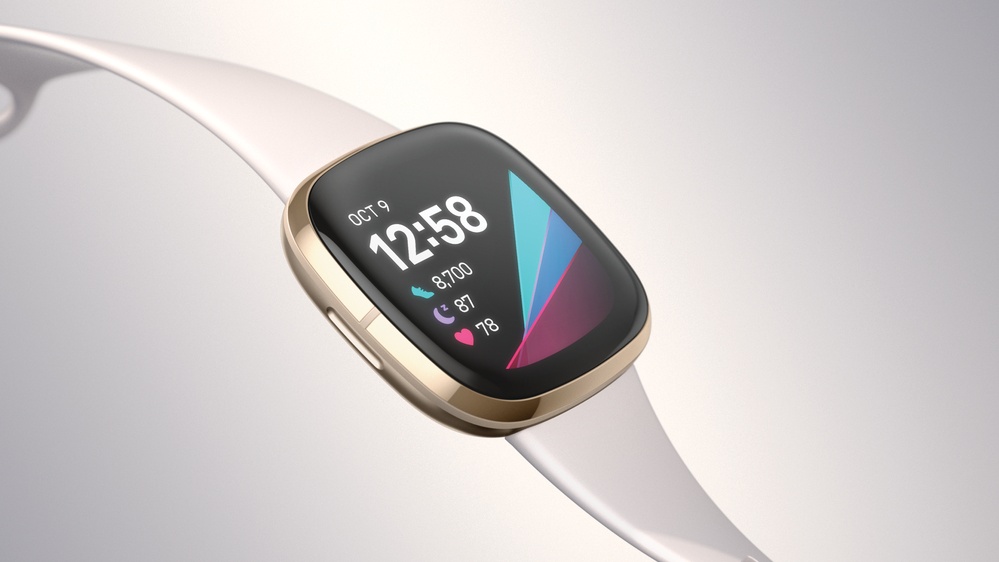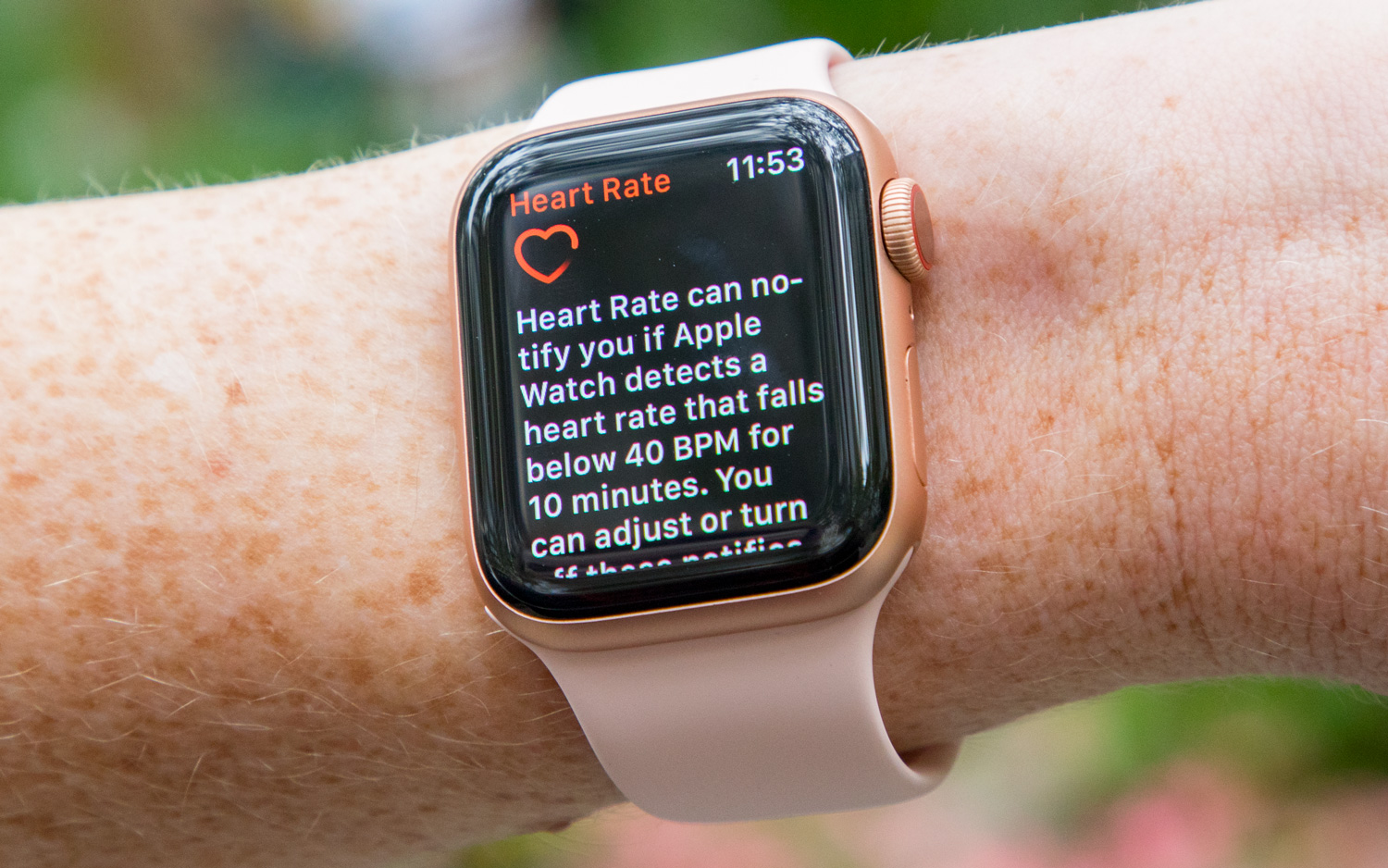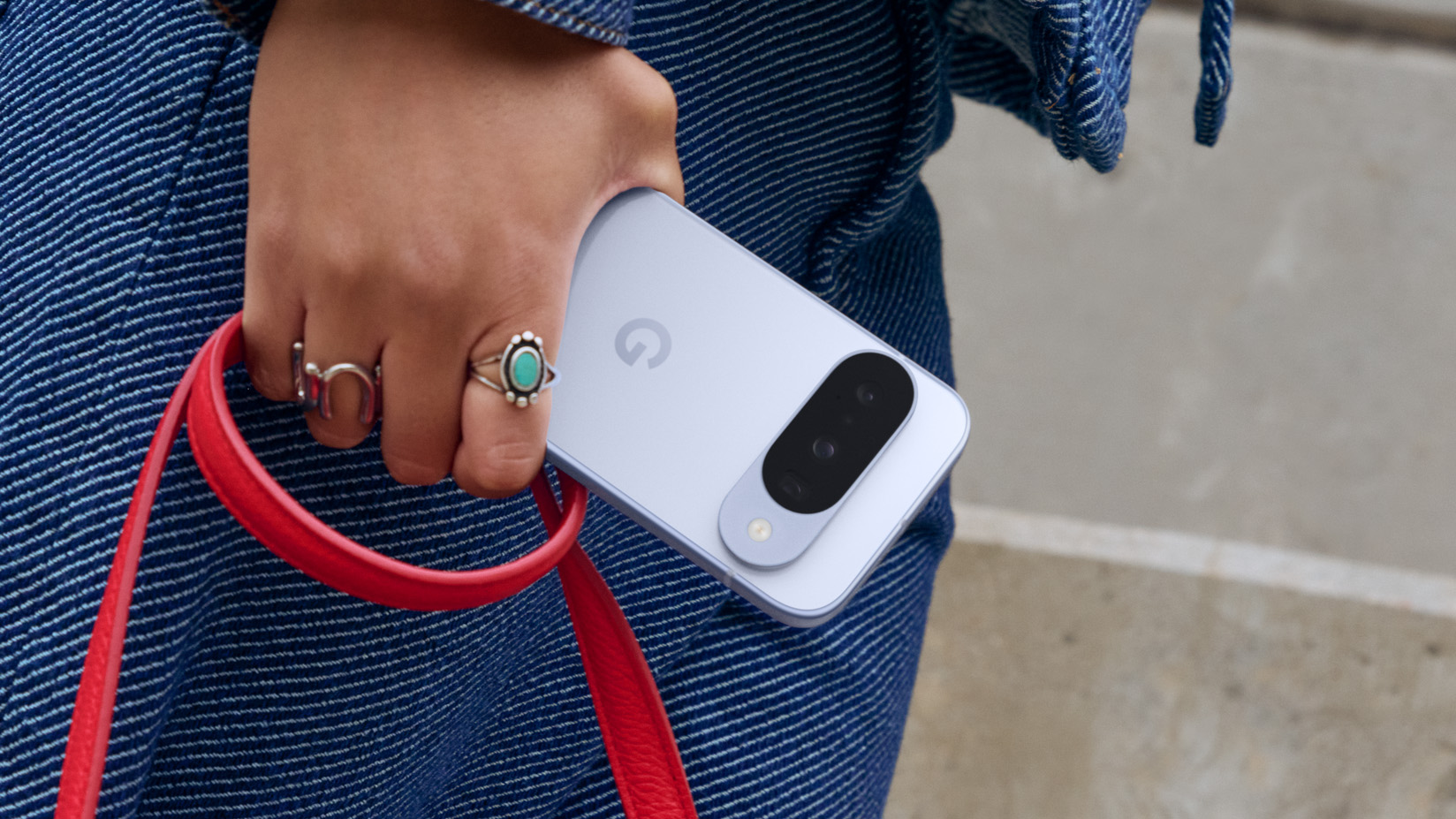Fitbit Sense just gave us the features we want on Apple Watch 6
The Fitbit Sense’s electrodermal activity (EDA) sensor is a game-changer. Here’s why.

There’s a lot going on with the Fitbit Sense, the all-new $329 smartwatch from one of fitness tracking’s biggest names. It has a skin temperature reader, support for both major voice assistants, the ability to detect signs of atrial fibrillation (pending FDA approval) and more.
But what makes the Fitbit Sense stand out for me among the best smartwatches is not features you’ll use for productivity or fitness -- it's the catalog of mental health management tools that can help you calm down through bouts of heightened stress.
- Everything you need to know about Amazon Halo
- The best fitness trackers right now
- Just in: Massive iPhone 12 leak reveals specs and prices for every model
The Fitbit Sense is the first smartwatch with an electrodermal activity (EDA) sensor.
An EDA sensor measures the electrical current running on the sweat glands of your skin, which indicates the intensity of your emotional state. When your Fitbit *senses* this emotional arousal, it could mean you’re experiencing anxiety or stress.
In response, the Fitbit Sense will prompt you with guided exercises for reducing stress. It will also suggest proactive measures for mitigating stress, like, perhaps, taking a break from social media or cable news.
Whether you’ve struggled with mental health for a long time, or are like me and have recently experienced heightened stress levels due to stay-at-home orders and other pandemic-related issues, the thought of a wearable that can help might warrant excitement.
I was mildly disappointed when the watchOS 7 software announcement didn’t provide insights into what was next for the Apple Watch’s mindfulness initiatives. Fairly reliable leakers mentioned they were in the pipeline leading up watchOS 7’s reveal, and while I knew to take those with a grain of salt, part of me hoped my Apple Watch Series 5 would evolve into my personal stress-detecting tool this year.
Get instant access to breaking news, the hottest reviews, great deals and helpful tips.
I reached out to XDA Developers’s Max Weinbach, one of the aforementioned leakers, for some insight on where he thinks mental health tools for Apple Watch stands.
“When we first reported on those [features] we had mentioned that they are a few years out. There was a research survey from Apple recently looking into mental health,” he responded. “I'd expect to see the mental health features in the next few years.”

Fitbit Sense’s first-mover advantage
Is it a big deal that the Fitbit Sense just beat Apple to punch? On one hand, it’s not like this is the first time the Google-backed venture has debuted a feature first. It had sleep tracking well before Apple. When Apple Watch sleep tracking finally did arrive, I thought it worked great, so patience might pay off again.
And on the other hand, Apple still holds a steady lead in life-saving features. Until recently, the Apple Watch was the only major wearable with FDA-approved ECG reader for detecting irregular heart beats. And, the Apple Watch 5 can not only detect when you’ve fallen down, but can also contact emergency services for you.
But mental health tools are life-saving in their own right. There’s definitely an opportunity here for Fitbit to nibble at some of the Apple Watch’s reign in the wearable market by catering to those who think stress or panic notifications could get them out of a dangerous situation, like driving, for example.
It will be interesting to see whether Apple adopts the EDA sensor. Like all of us following wearable trends, I’m sure the company is waiting to observe how the Fitbit Sense is received and its mental health tools perform before making that kind of move. Plus there’s always a chance it throws a surprise our way when the Apple Watch 6 arrives, which could happen as soon as the second week of September.
Either way, it’s not something I’m stressing out over — yet.
- The best relaxation apps for you

Kate Kozuch is the managing editor of social and video at Tom’s Guide. She writes about smartwatches, TVs, audio devices, and some cooking appliances, too. Kate appears on Fox News to talk tech trends and runs the Tom's Guide TikTok account, which you should be following if you don't already. When she’s not filming tech videos, you can find her taking up a new sport, mastering the NYT Crossword or channeling her inner celebrity chef.
 Club Benefits
Club Benefits





